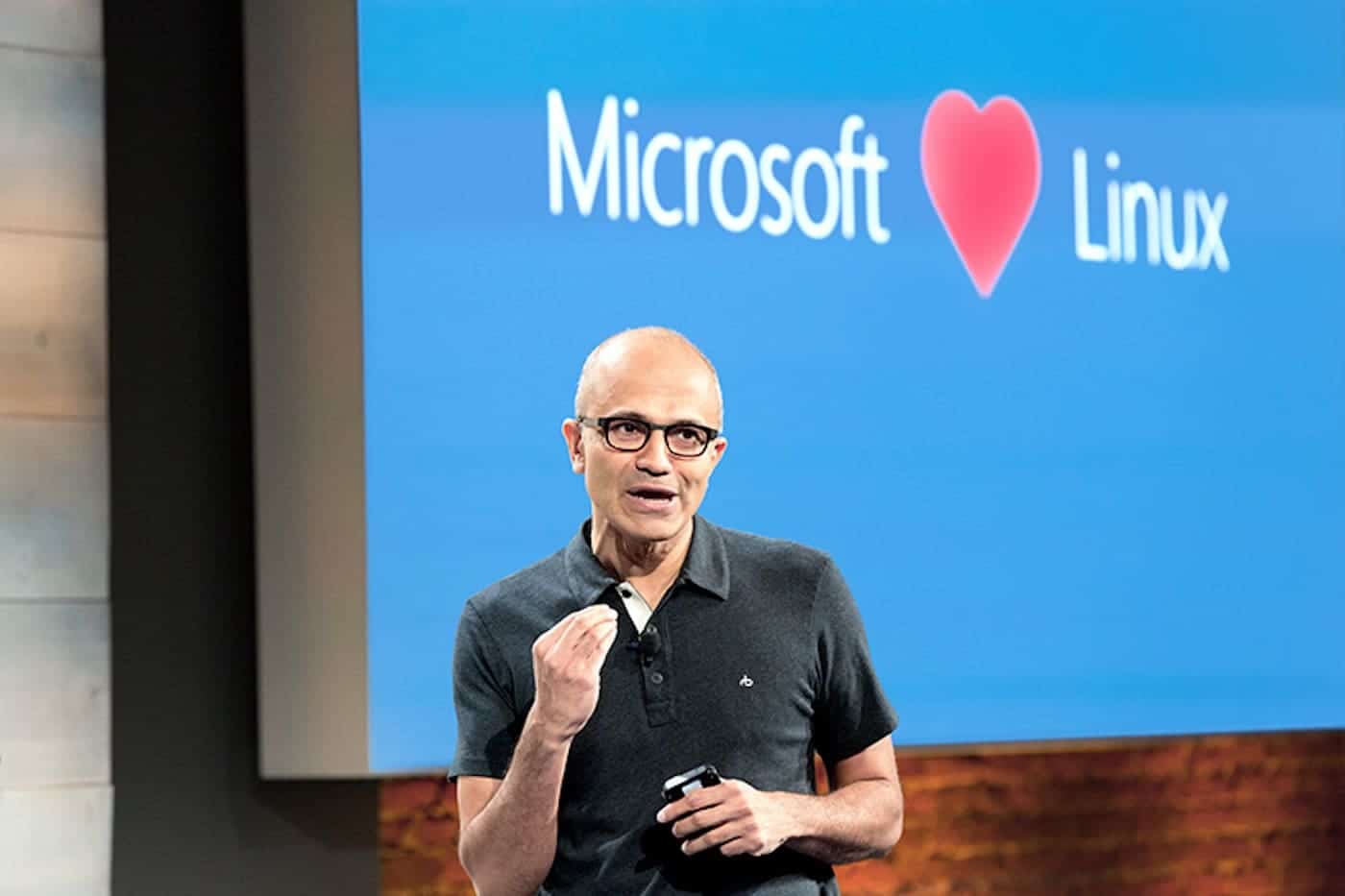Microsoft reviews five decades of technological advancements that have paved the way for its current Artificial Intelligence ecosystem, from the early days of software to the Copilot era.
Artificial intelligence is not a product that has emerged out of nowhere in recent years. Its development has been the result of decades of work and innovation in areas such as machine learning, natural language processing, and cloud computing. Microsoft, celebrating its 50th anniversary in 2025, has played a fundamental role in this technological evolution.
Here we highlight 15 key milestones that have defined Microsoft’s strategy and vision in the field of artificial intelligence:
1. Bing and Semantic Search (2009)
The Bing search engine incorporated natural language technologies like intelligent suggestions and related searches after acquiring Powerset in 2008. This marked an early bet on machine learning applied to everyday use.
2. Project Oxford and Azure AI (2015)
This project laid the foundation for Azure AI Foundry, a set of cognitive services and tools for facial, voice, and text recognition. Today, over 60,000 organizations use Azure AI Foundry, and 65% of Fortune 500 companies employ Azure OpenAI Service.
3. ResNet and the Visual Recognition Revolution (2015)
ResNet (Residual Networks) enabled the training of deep neural networks and established a new standard in computer vision, applied from autonomous vehicles to medical image diagnostics.
4. Advances in Language and Voice Understanding (2015-2020)
During this period, Microsoft achieved human-level performance in tasks such as machine translation and image captioning. This led to the XYZ-code architecture, which combines textual, sensory, and multilingual signals.
5. Seeing AI (2016)
An app designed for visually impaired people that describes the environment, recognizes objects, and reads text aloud, with customizable features like “Find My Things.”
6. Project Brainwave (2017)
A real-time inference platform based on FPGA hardware that significantly improved processing in vision and natural language.
7. Turing-NLG (2020)
A language model with 17 billion parameters that positioned Microsoft as a leader in text generation, paving the way for later models like Florence.
8. DAX Copilot and Medical Documentation (2020-2023)
A clinical intelligence solution that allows doctors to automatically log notes during consultations. Its evolution, DAX Express with GPT-4, already generates over 3 million clinical documents monthly.
9. Azure Supercomputer for OpenAI (2020)
Microsoft built one of the five most powerful supercomputers in the world, key for training large-scale models and developing ChatGPT and GPT-4.
10. GitHub Copilot (2021)
A programming assistant that suggests code in real time. Currently used by over 77,000 organizations.
11. Massive Launch of Copilot (2023-2025)
From Bing to Windows, including Microsoft 365, Dynamics, Security, Viva, and Power Platform, the Copilot brand has been integrated throughout the ecosystem with generative AI features and autonomous agents.
12. Copilot+ PCs (2024)
A new category of computers with Neural Processing Units (NPUs) dedicated to AI. They offer up to 20 times more performance and 100 times more energy efficiency for AI workloads.
13. AutoGen (2023)
An open-source framework for creating collaborative AI agents that solve complex tasks as a team. It forms the basis for the development of technologies like Copilot Studio.
14. Phi Models (2024)
Small models designed to run on mobile or edge devices without the need for cloud connectivity, including specific versions for sectors like healthcare or law.
15. Muse: Human Action Model (2025)
A model for video games capable of understanding and anticipating reactions from the environment and characters. It opens a new era of creativity and accelerated development in the entertainment industry.
Technological Humanism as a Guiding Principle
“The advances in AI are staggering, but we must not lose sight of people,” stated Peter Lee, president of Microsoft Research. “At Microsoft, we develop technology, but we also help our customers get the most out of it.”
This review demonstrates how Microsoft has not only adopted artificial intelligence as a central part of its strategy but has also actively contributed to defining its future. The company continues to advocate for AI that empowers people, respects ethical principles, and provides real value to society.
via: Microsoft

